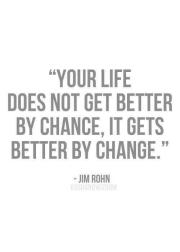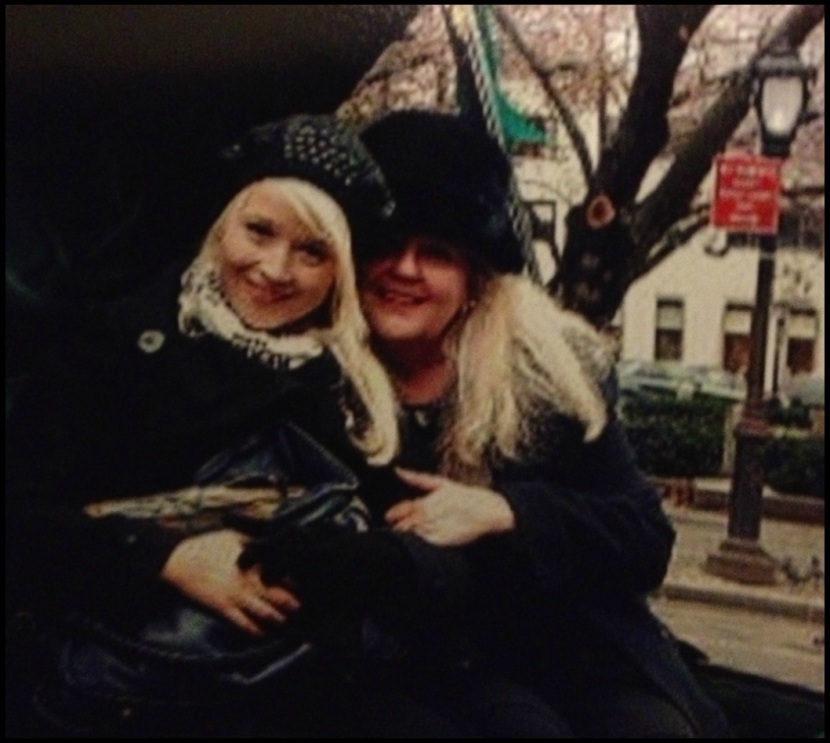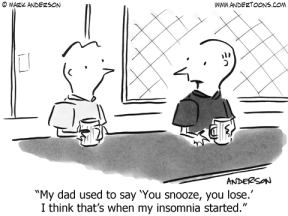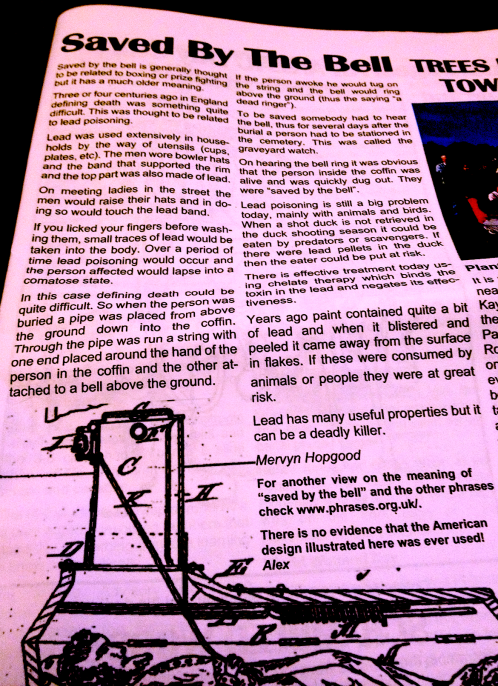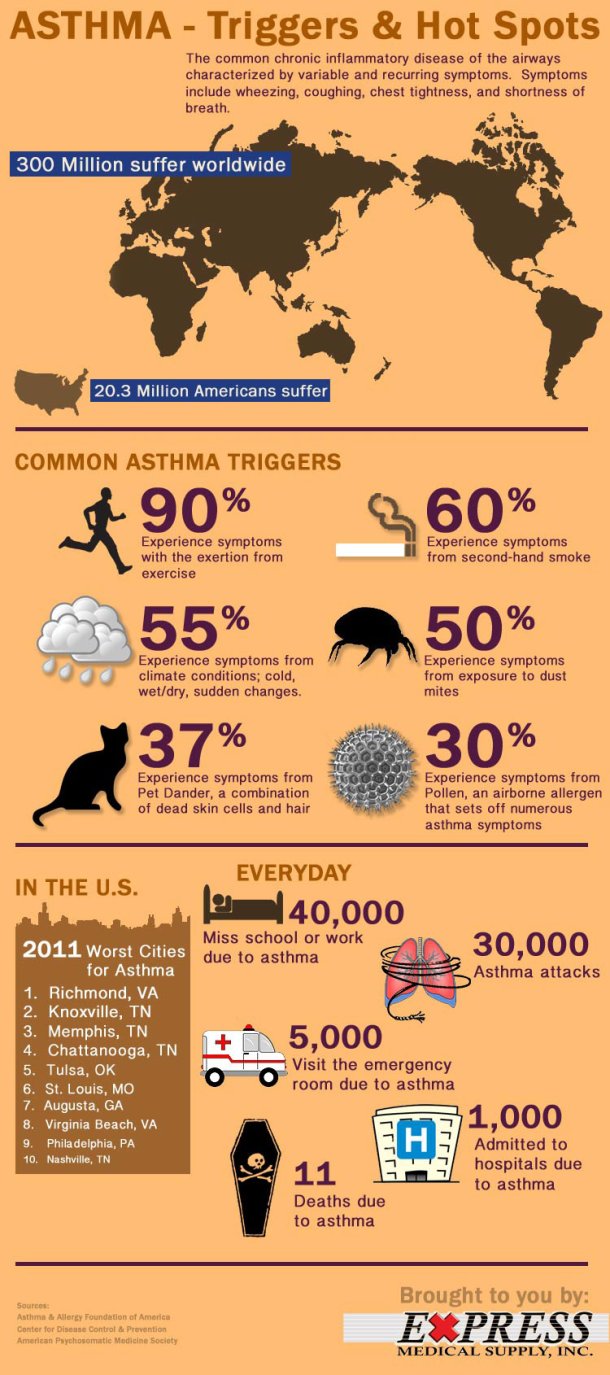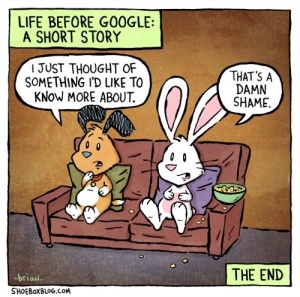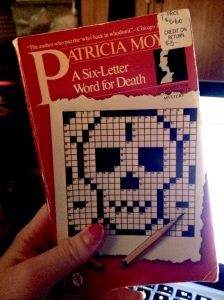The title of this post is paraphrased from Latin poet Marcus Valerius Martial‘s epigram ‘To A Plagiarist’:
Why, simpleton, do you mix your verses with mine? What have you to do, foolish man, with writings that convict you of theft? Why do you attempt to associate foxes with lions, and make owls pass for eagles? Though you had one of Ladas’s legs, you would not be able, blockhead, to run with the other leg of wood. (Epigrams, Book 10, Epigram 100)

Pic: San Juan Unified School District
An age-old problem now digital – uni students’ failure to understand plagiarism rules and passing off online content as their own – made the front page of Adelaide’s The Advertiser yesterday (similar copy available at AdelaideNow).
In my opinion and from experience (a five-year undergrad degree and one-year post-grad), the issue is not so much students’ lack of understanding – rather, they just don’t give a shit.
What cheating students don’t realise is finding and using other resources is good – it shows hard work and research skills. It turns bad when they fail to reference sources – effectively saying “This is all me, I did this”. They’re committing a disservice threefold:
- To the original author, who actually did all the hard work and deserves the credit;
- To teachers, who provide loads of information on avoiding plagiarism and correct referencing; and
- The students themselves. As well as demonstrating integrity, doing the work yourself (and referencing correctly) has added bonuses of understanding the material, effectively applying concept to your own work, forming an argument and applying concepts of rhetoric. There’s no guarantee students really know what they’re talking about if they’re just cutting and pasting.
According to the article, hundreds of SA uni students are caught plagiarising or cheating every year. Of course, it’s not just in SA. There are cheats in WA, US Ivy leaguer Harvard University last month “forced dozens of students to leave in its largest cheating scandal in memory” (Richard Perez-Pena for The New York Times), and about a year ago, The Financial Times reported UCLA’s School of Management in California “rejected 52 applicants to its MBA program, suspecting they had plagiarised more than 10 per cent of their admissions essays.”
In The Advertiser article, UniSA’s Tracey Bretag is warning against the ‘Cut and Paste Cheats’. Among her comments: “Students should be taught in primary school how to properly source and reference information from the Internet and traditional resources to eliminate cheating habits.”
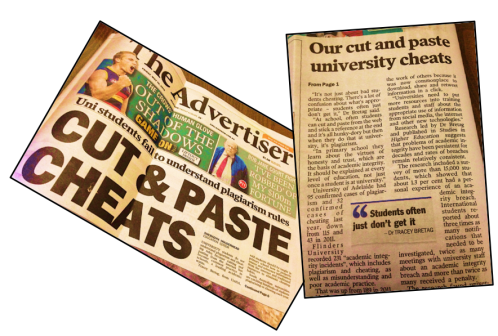
Sheradyn Holderhead’s article in ‘The Advertiser’, p.1 and p.6
My primary school years were in the 90s, when the Internet as as an information source was either non-existant or in its infancy (so basically non-existant for kids). But, the concepts of not stealing and giving credit to others work is the same across media, particularly when you’re teaching kids. Moreover, in 1999, a US-based campaign against academic cheating found it’s been on the rise for the past 50 years (and this was in 1999!) – so it’s not as though the number of those involved was fairly stable and suddenly surged when the Internet became the one-stop-shop for information.
Speaking to my Mum, we remembered our separate times at school – being taught what cheating and plagiarism are, paraphrasing, the importance of credit where credit’s due, acknowledging sources and showing you’ve done research. I remember going with one of my primary school classes (in the 90s) to the school library, and working through basic exercises: working out a statement’s key ideas, picking out the main words or phrases, putting it in a different sentence (and in later years, making sure you’re not losing or changing the context), where to look in a book for author information, and so on. Kids are being taught this stuff. My older sister and I remember being drilled, “Reference everything.” Well, then maybe I just got lucky.
I’d love to see what (if any) school(s) have a successful program in place (students understand the issues and make an effort to reference, etc.) and whether that could that be used as a model for best practice. If not, educators and child psychologists (maybe?) need to get together and work out the best way to explain why passing others’ work off as their own is wrong. I’d think along the lines of ‘you wouldn’t like it if someone stole your work, would you?’ would be effective. I remember as a school kid doing a drawing or having an idea I was really proud of, and being really shitty when someone else sitting nearby miraculously had the same (or almost) idea – even worse when they got praised for the brilliant idea. Maybe use that when you’re teaching kids – eg. “I’m sure you’ve all had a really great idea for a drawing, but what about when you find out someone else has copied it and pretended it’s theirs? So the teacher thinks they’ve done really great work, and they don’t speak up and say “I didn’t think of this myself, I got this idea from my friend”? That makes you feel pretty bad, doesn’t it?” Get the parents involved, too.
A teacher friend told me about catching primary school kids in one of her old classes doing exactly as Bretag describes – cutting and pasting slabs of text ripped from websites, with zero attribution. “But surely,” I lamented, “in high school, and definitely in university…you just know not to do that!!” Apparently, it’s not so common knowledge. Bretag says, “there’s a lot of confusion about what’s appropriate – students often just don’t get it. At school, often students can cut and paste from the web and stick a reference at the end and it’s all hunky-dory but then when they do that at university, it’s plagiarism,” says Bretag in the article.
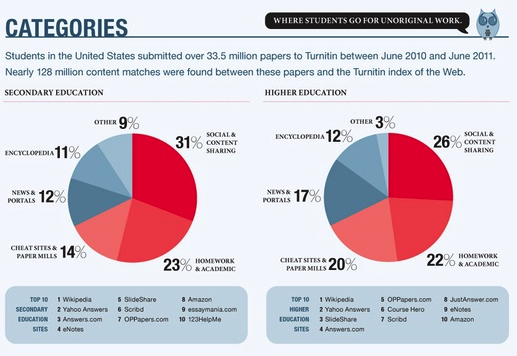
Stats from a Turnitin study (2011 iParadigms LLC) via eLearning Team Blog
So, young adults pass high school classes using simple ‘cut-paste-reference’ attribution, and then go on to university in a haze of ignorance and naiveté (despite being smart enough to get into uni in the first place), assuming they’ll be able to write university-level essays and material the same way, then cry foul when they’re called out for it?
I think that’s a bit of a stretch. From experience, high school-to-uni students are told writing at uni is a whole different ballgame, and expectations are clear that at university, you need to up the ante with sourcing and referencing. I can only speak from my experience as a UniSA student of only a handful of UniSA’s tutors, but their standard was excellent (in particular, Leanne Glenny and Joy Chia) – explaining the expectations and the serious consequences for plagiarism (ranging from losing marks, to failing the assignment, to expulsion), AND the specifics were provided repeatedly – in handouts, ‘Readers’ and course material, and verbally reiterated in class before assignments.

One of my old subject readers from Uni, including referencing guide.
And with the Internet comes freely, easily available online information on how to avoid plagiarism and correct referencing technique – including the right way to cite social media sources in academic work, eg. here. So it’s not a case of ‘I didn’t know I had to reference’, or ‘I didn’t know what I was doing was plagiarising’. It’s more ‘Someone else has already said it better than me, and the teacher won’t bother to check up on it anyway.’ Lazy students are taking chances, and getting away with it – going on to eventually toff their mortar board, walk across the graduation stage, and collect a diploma for stolen work. These students are effectively being rewarded for cheating! It pisses me off. These are young adults, obviously old enough to know better – to know this form of lying and stealing is serious – yet are somehow able to make peace with or justify their deceit.
Technology and digital media have certainly has changed the landscape, forcing educators and technology to try and keep up.
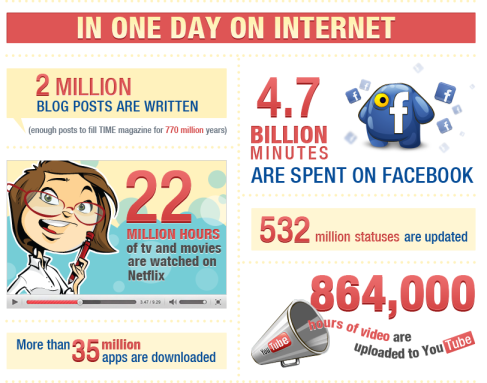
Shea Bennett’s ‘Has Social Media Created A Cut And Paste Generation?’ on Mediabistro
Bretag says “social media, and the Internet more broadly, [have] blurred the boundaries of when it [is] acceptable to copy the work of others because it [is] now commonplace to download, share and retweet information in a click.” In my opinion, this is not exactly accurate. As I said earlier, academic cheating has been on the rise for decades. And the nature of sharing online media and use of hyperlinked text makes it easy to credit the original and reference the source. Hyperlinks are accepted protocol – they let readers to know they’re reading credible information because, if necessary, they can trace it back to the original source. I know I wouldn’t trust a blog or online source with no links to external content!
The act of retweeting specifically credits the course via the ‘RT’ cue and quotation marks! Or, users can include a “via @username”. Sure, tweets can be edited before retweeting, but it goes against the nature of Twitter (immediate, instantaneous) and the accepted protocol and etiquette among users. So, yes – social media and Internet use is now commonplace, but students should be more aware, and more vigilant in familiarity with crediting sources and avoiding the cheat’s method.
To combat the problem, numerous educators and institutions are using content matching software like iThenticate, Blackboard and Turnitin – the latter checks text in student “papers against 24+ billion web pages, 300+ million student papers and 110,000+ publications”. A Google search shows Turnitin is used by Australian universities including UniSA, Flinders, La Trobe, UWA, UNSW, Melbourne Uni, RMIT, University of Western Sydney, University of Newcastle, University of Tasmania, Macquarie, and Deakin.
However, such software isn’t without criticism. Late last year, Monash Uni’s Robert Nelson discussed ‘Delusions of candour: why technology won’t stop plagiarism’ on The Conversation. He argues, “beneath these appeals to superior forensic intelligence lies an unhappy fallacy – that a technological fix can address a moral problem” and says while content matching software is great for catching word-for-word plagiarism – the ‘Cut and Paste Cheats’ of the article – it’s not so good with paraphrasing. Fair points. But Nelson loses me claiming the biggest problem with a “policing strategy” like technology is it “inadvertently creates risk by appealing to the gaming mentality of young students who are used to such challenges in their favourite entertainment. In many video games, the player can get ahead by risky deceptions which cheat the system.” Way to generalise! I’d love to see some stats on this (and if Nelson is right, I’ll say so). To me, it seems highly unlikely uni students would take the massive risks that come with plagiarising just because they want to try and ‘beat’ the software and stick it to The Man. (Deakin Uni’s Wendy Sutherland-Smith responded to Nelson’s piece, arguing technology is an important tool to curb the cheating problem.)
And every positive measure seems to be matched by a new way to cheat. (But maybe it’s not an increase in cheaters, but an increase in the number of students getting caught…) The West Australian discussed an increase in essays for sale: WA university students paying for online ghostwriting services (and check out the Sydney Morning Herald‘s ‘Confessions of a university ghost writer’!). One ‘professional’ ghostwriting site I found using a simple Google search charges from $13 per page. Some services even offer completely original essays, making content matching software useless in those cases.

1. A lack of understanding of the rules; not enough education during primary school years.
As mentioned, this is Bretag’s theory. If this is the case, I want to know: What are the other variables? What is the scope of the problem? Are teachers too vague with assignment guidelines, leading to students’ loose interpretation of them? This excuse came up during the Harvard scandal mentioned earlier – an investigation leading to accusations a large number of students cheated on a take-home exam. Perez Pena’s article explains, “the instructions on the take-home exam explicitly prohibited collaboration, but many students said they did not think that included talking with teaching fellows.” Or, are teachers just not paying attention, and failing to follow through on their promise of checking references? If not, how do students know they can get away with it? It’s just too hard to police – extra resources would be needed to do it thoroughly.
More questions…
- Are punishments set by universities too light? What example is being set? How do students know the faculty doesn’t just wax lyrical?
- Are high schools failing to prepare students for what’s expected of them at university level?
- And what’s being done to combat ghostwriting sites?
2. It’s not just the teachers – the whole school system design is flawed!
In Psychology Today, psychology research professor Peter Grey argues:
“Our system of compulsory (forced) schooling is almost perfectly designed to promote cheating…Students are required to spend way more time than they wish doing work that they did not choose, that bores them, that seems purposeless to them. They are constantly told about the value of high grades…
Students become convinced that high grades and advancement to the next level are the be-all and end-all of their school work. By the time they are 11 or 12 years old, most are realistically cynical about the idea that school is fundamentally a place for learning. “
Gee, kids are really up against it! With that sort of evidence, I’m amazed students are able to do any of their own work at all! What’s next – a link between plagiarising and violent video games?
3. Stress/Study+Work/Pressure to Achieve
“I’m normally on top of everything but…it’s just this semester…I just haven’t got time…there’s so much pressure on me to do well…well, it’s just easier to plagiarise than ask for help or admit I don’t understand the material.” Sound legit? I’m not too sure.
University of WA acting deputy vice-chancellor (education) Grady Venville (in Hiatt’s article) says the stressful combination of study and part-time work is partly to blame, and a Canadian study says millennials (18-33 year-olds) are suffering an “epidemic of perfection” – as a result, they’re more stressed than other generations.
But if it’s that bad, why don’t students talk to their tutor? That’s exactly why provisions like ‘extension on compassionate grounds’ exist!
International students also have to deal with culture stress. A study of international students at an Australian university found “poorer than expected academic performance and coming from an Asian or African country were each associated with higher levels of cultural stress”. This raises even more questions!
- Is the relevant information handed out in multiple languages, and simple to understand?
- How do tutors make sure all students understand what’s expected of them?
- Do students (including from culturally different backgrounds) see tutors as unapproachable?
4. A growing breed of Machiavellian young adults who don’t give a shit about integrity.
Ah! Now we’re getting somewhere. The West Australian article I mentioned earlier says, “more than 4000 students were warned or disciplined in the past two years for submitting the work of others as their own, colluding or cheating in exams, compared with nearly 2000 in the previous two years.” Generation I? More like Generation Lie.
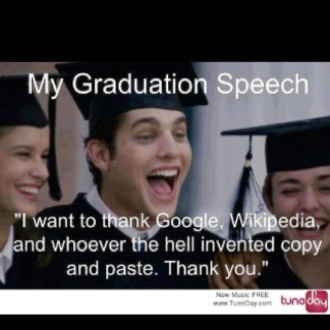
Via Pinterest
“For students today, the lure of plagiarising and the temptation to cheat might appear overwhelming; it’s at the fingertips, at their keyboard…Here is everything the profoundly lazy, over-worked, under-inspired, and over-achieving student has been looking for: thousands–no, tens of thousands– of essays and papers, researched articles and personal responses, two-to-twenty-page commentaries on any subject (you name it) from “Albatrosses in the Ancient Mariner” to “Zealots in Zimbabwe.” Regina Barreca, Psychology Today
Explaining the UCLA plagiarism situation mentioned earlier, Dave Wilson, chief executive of the Graduate Management Admission Council says, “Places on exceptional MBA programmes are scarce commodities and the economic return is so substantial that some people are prepared to risk and to try things that would gain them an unfair advantage.”
In the ‘Delusions of Candour’ article, Nelson says the problem’s a moral one, so forget technology! What’s needed is “a widespread consciousness within a community and a social mood are needed in which “right” is expected, talked about, prized and thought of with pride.” Yes, that’s the way to do it! Surely students won’t want to cheat if “they feel deeply that their time at university is about learning, and consequently that any short-cut in learning short-changes their priceless development”! I’m pretty sure cheaters aren’t too concerned with their ‘priceless development’ or short-changing their learning (not only is this obvious, but backed up by research showing many students value grades over education). They want the most benefit with the least work, and if that means pinching intellectual property, so be it. Look at what Wilson said just before – it’s all about ‘economic return’.
Whatever the reason, it’s still an excuse, and I’m more inclined towards a stick, rather than carrot, solution. A 2003 study found students often rationalise their dishonest behaviour and don’t take plagiarism seriously. So up the punishments – students need to know plagiarising is a big deal, not a set of rules in legalese that’s too often treated like the Terms and Conditions on a product warranty (how many people really read and understand them?). And don’t let cheaters get off with a slap on the wrist. The sooner schools and universities exercise a more stringent tolerance policy and harsher penalties, the sooner students will do the right thing (I was going to say zero tolerance, but this raises ‘grey area’ questions about the definition of plagiarism, which would need addressing anyway. Sutherland-Smith’s article separates students who intentionally set out to get away with cheating, from those who didn’t understand or made an honest mistake with a citation or editing etc.).
Yes, absolutely look at increasing student engagement and re-aligning the skew-whiff moral compass of offenders (however that might be done), but also clearly demonstrate dishonesty won’t be tolerated. Stanford Uni says, “Cheating no longer carries the stigma that it used to. Less social disapproval coupled with increased competition for admission into universities and graduate schools has made students more willing to do whatever it takes to get the A.” Bring back the stigma!
Stop the ‘Copy and Paste’ rort. Research and reference with integrity.
Considering my stance, obviously I’ve done my best to credit all sources in this post. No infringement intended!

